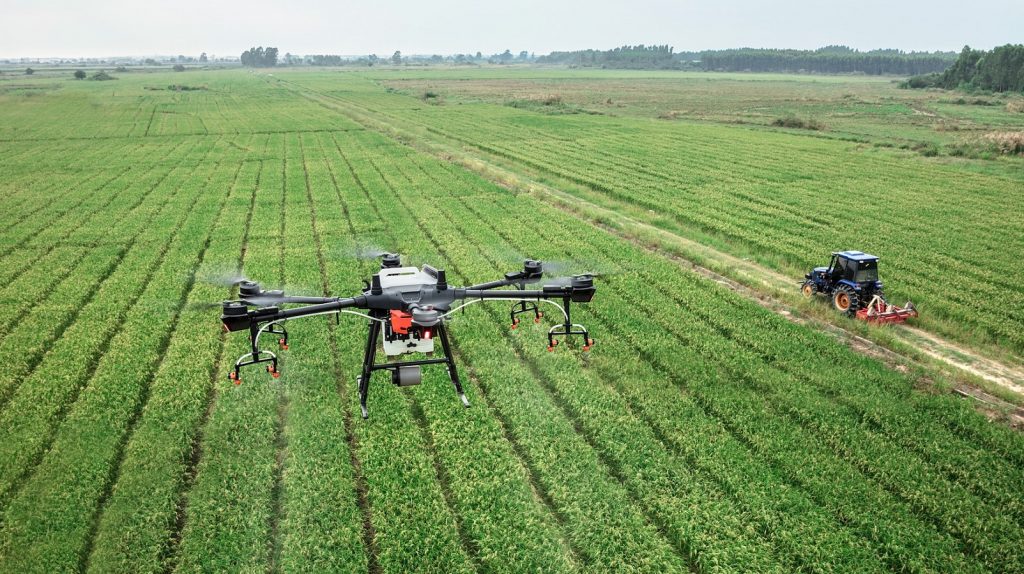Africa may in recent years have seen a growth in the number of agritech services that offer things such as farmer advisory services or access to finance via smart phone.
But more than 90% of the market for digital services that support African smallholders remains untapped and could be worth over $2.2-billion according to a new report.
No ad to show here.
In a report the Technical Centre for Agricultural and Rural Co-operation (CTA) and Dalberg Advisors, found nearly 400 different digital agriculture solutions with 33 million registered farmers across sub-Saharan Africa.
These include farmer advisory services, which provided weather or planting information via SMS or apps, and financial services including loans and insurance for farmers.
Some services used satellite imagery, weather data, powerful big data analytics and machine learning techniques to deliver valuable real-time agricultural insights and forecasts at national and regional levels.
Over 90% of Africa’s agritech market remains untapped and could be worth over $2.2-billion, finds a new report
The CTA said in a statement last week that its Digitalisation of African Agriculture Report 2018-2019 found that in 2018 the market for the digitalisation of agricultural services netted an estimated $143-million — out of a total addressable market of $2.6-billion.
The report found an annual growth of more than 40% for both the number of registered farmers and the number of digital solutions, suggesting the agritech market in Africa is likely to reach the majority of the region’s farmers by 2030.
The report’s findings are drawn from a number of sources. These include a survey of 175 agritech enterprises, a database that tracks 390 active agritech solutions in Sub-Saharan Africa (and more than 70 such defunct solutions), interviews with more than 120 agri experts and field visits and studies in Ethiopia, Nigeria, Senegal, Ghana and Rwanda.
CTA director Michael Hailu said digitalisation can be a game-changer in modernising and transforming Africa’s agriculture, attracting young people to farming and allowing farmers to optimise production while also making them more resilient to climate change.
“This report indicates that despite challenges, the economics are rapidly improving, with a handful of players beginning to develop viable, large-scale businesses.
“To reach its full potential, companies will now need to focus on converting customer reach to actual use in order for this type of model to yield returns,” he said.
More than a third of participants in the study said they already used at least one form of advanced technology such as drones, field sensors, big data or machine learning, and almost 60% of respondents said they expected to integrate these types of technologies into their operations in the next three years.
The report’s authors said early figures indicate that farmers that use these solutions, saw improvements in yields ranging from 23% to 73%, and increases of 18% to 37% in incomes.
Models that bundled more than one solution together — so-called “super platforms” which combine digital market linkages, digital finance, and digital advisory service — were associated with yet further improved yields of up to 168%.
“Digitalisation for agriculture has the potential not just to support agricultural transformation in Africa but to do so sustainably and inclusively for Africa’s 250 million smallholder farmers and pastoralists,” Michael Tsan, a partner at Dalberg Advisors, said in the same statement.
The report also highlighted several gaps in the uptake of digitalisation in agriculture, particularly among women, who account for more than 40% of the agricultural labour force yet comprise only a quarter of the registered users of digital services.
Such digital divides and other concerns such as the privacy and safety of farmer data remain potential risks, the authors said.
Featured image: DJI-Agras via Pixabay
